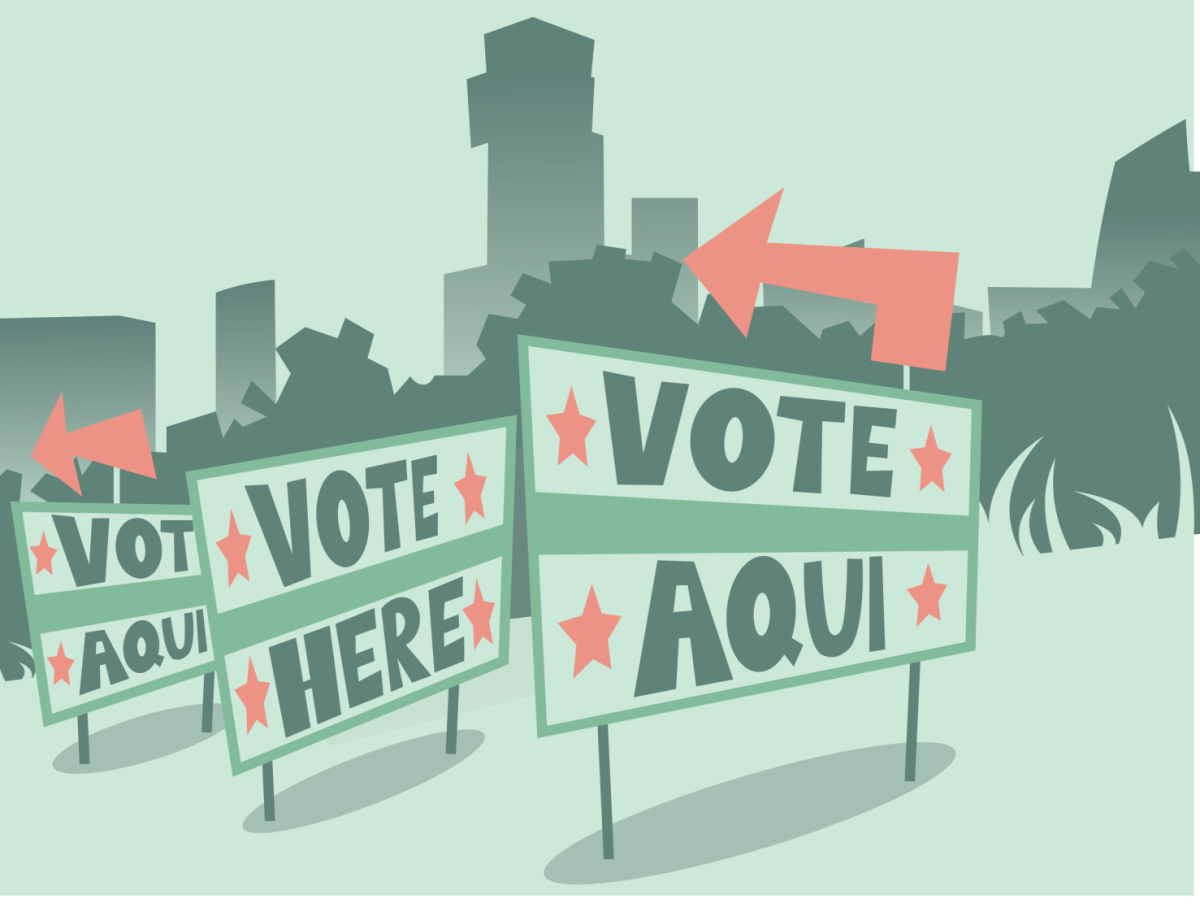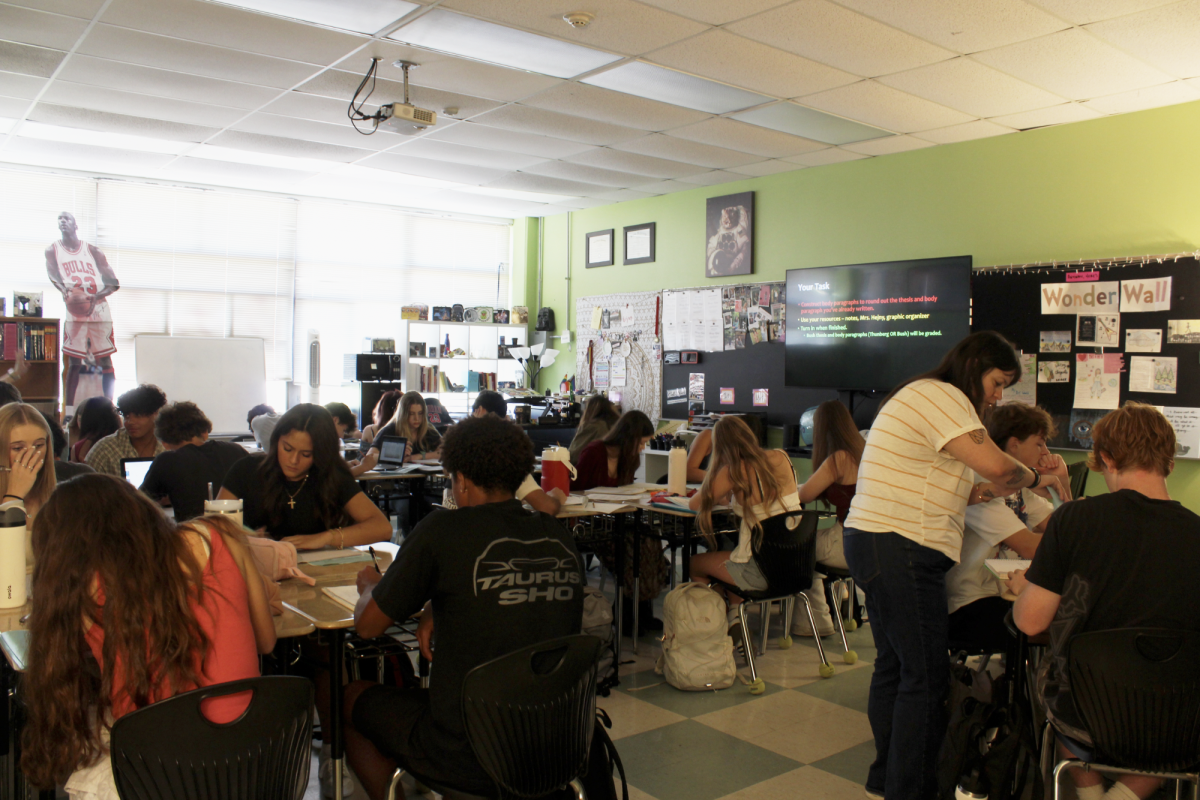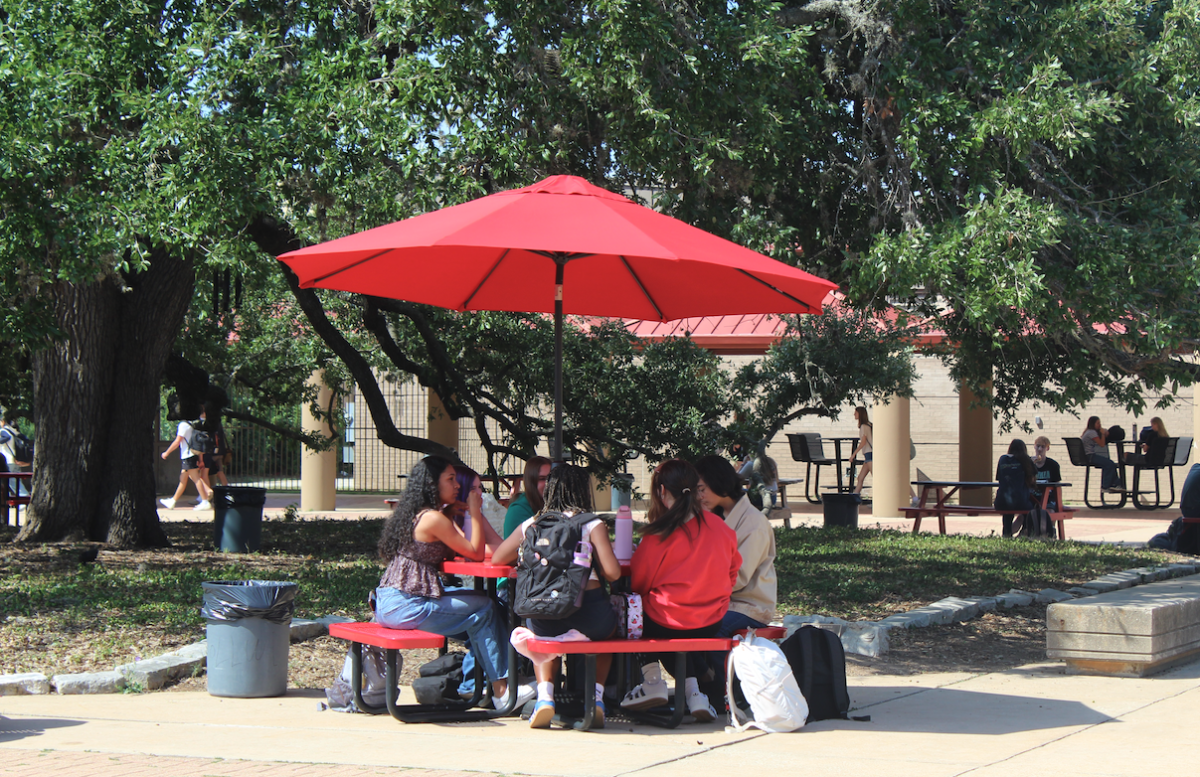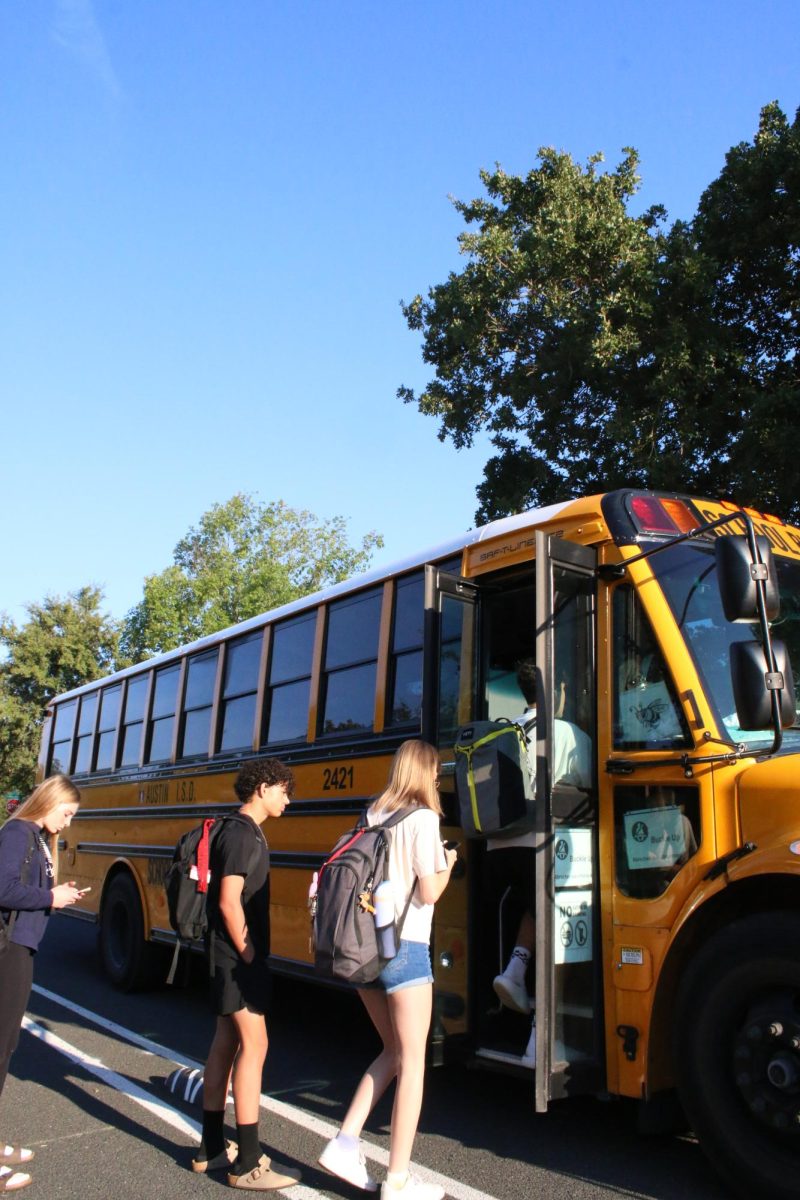Austin voters flooded the polls on Saturday, May 4, to cast their ballot in the Travis County Joint General and Special Elections.
This ballot combined minor elections among multiple cities in Travis county. All Travis county voters had the chance to elect three of eight board positions for the Travis Central Appraisal District, who will work to determine annual property valuations for tax purposes. The city of Austin had six propositions on the ballot, for voters to decide whether to dis-annex from city limits. Other cities in the county also got the chance to elect mayors, and to vote on school board trustees and bond propositions.
“It was exciting to vote for the first time, but it was also intimidating because I had never done it before,” senior Elizabeth Gilbert said. “There were so many people running for so many things, it was daunting but exciting.”
For the first time, Travis county voters elected three people to the Appraisal District Board of Directors. This election is a result of last year’s Senate Bill 2, which made changes to the Texas tax code, now requiring a board to oversee the operations of the appraisal district, which is responsible for appraising property tax rates.
“Taxes are important,” Evan Pruett said. “If there are people overseeing the appraisal process, it can help prevent unfair and biased chances.”
For the first seat on the Travis County Appraisal District Board, nonpartisan politician Don Zimmerman faced off against Democrat Jett Hannah. Hannah won the race with 69% of the vote. GOP Chairman Matt Mackowaik competed with Democrat attorney Shenghao “Daniel” Wang and Libertarian Jonathan Patchke for the second seat on the board. Wang won with 67% of the vote. Democrat Dick Lavine faced nonpartisan politician Bill May in the race for the third seat on the board. Lavine won this spot with 73% of the vote.
“It’s interesting to see how people voted in this election,” Pruett said. “I typically agree with the democrat perspective, but I don’t know the candidates well enough to know how they’ll affect the board.”
The six disannexation propositions focused on the dis-annexation of the following neighborhoods: Lost Creek (Prop A; 738 acres), Morreland Addition (Prop B; four acres), Blue Goose Road (Prop C; 28 acres), Lennar at Malone (Prop D; 40 acres), Wildhorse (Prop E; 104 acres), and River Place Outparcels (Prop F; 212 acres). Only individuals living within these districts were able to vote on whether to disannex from the city, and every proposition that received votes passed.
“I always try to vote in local elections,” government teacher Dalton Pool said. “Local elections are just as important as state and federal elections, and arguably have an even greater impact on your life, as many local elections are relevant to how resources are allocated to things you are more likely to use in your daily life, like local roads, schools, and parks. ”
The city held these disannexation elections as a result of House Bill 3053, which was passed last year. This bill requires cities with 500,000 residents or more to hold disannexation elections for areas added to their city limits between March 3, 2015 and December 1, 2017. Disannexation means that homeowners in these areas will no longer pay Austin taxes, and the public services that were provided by the city of Austin will be replaced with Travis County services.
“A lot of people don’t like the high tax rates in Austin, so I think the main reason people would vote to disannex is to avoid those taxes,” Pruett said. “And it might give them a sense of independence from Austin, especially because they’re not always considered a part of the city.”
According to Axios, this election had a low turnout rate compared to the amount of eligible Austin voters. Though some believe this election is too minor to have an impact, Pool believes it is crucial that everyone participates in every election they can.
“Young adults should always vote no matter if the election is local, state, or federal,” Pool said. “The decisions being made today by our local government will drastically affect future generations down the road. It only makes sense that those most impacted by our government have a say in it”







